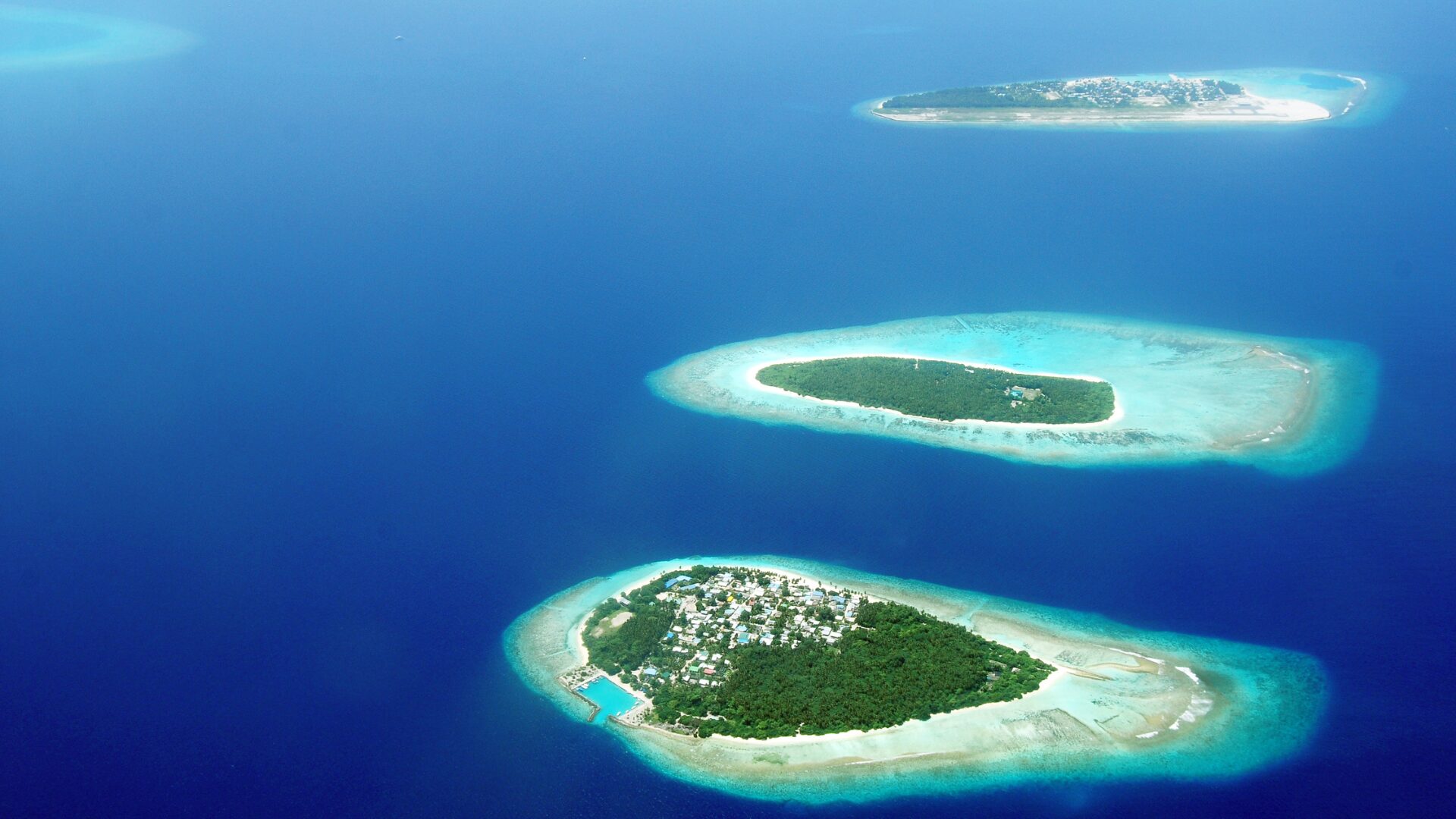Date first published: 15/05/2025
Key sectors: all
Key risks: business risks; economic risks; corruption
Risk development
On 5 May Male, in partnership with the United Arab Emirates-based MBS Global Investments, announced the development of Maldives International Financial Centre (MIFC) – a US$8.8bln project, aimed at establishing a fully sustainable Special Economic Zone (SEZ) in Male, to attract global financial institutions, fintech innovators and digital nomads, and diversify the country’s economy beyond tourism. Key incentives include zero corporate tax, tax-free inheritance and ownership rights in line with the national constitution. Scheduled for completion in 2030, projected revenues are expected to exceed US$1bln within the first five years.
Why it matters
The tourism industry currently accounts for approximately 30 per cent of the country’s economy, with an additional 10 per cent consisting of fisheries industries exposed to external shocks. The MIFC’s aim of creating a financial centre in the Maldives to serve South Asia seeks to introduce a new source of foreign currency. Foreign reserves are currently a high-priority for President Mohamed Muizzu, as the country held only US$63m by the end of 2024 – barely enough to cover two months’ worth of imports. The September 2024 FX crisis was severe enough to force Muizzu to backtrack on his traditionally anti-India stance to seek a relief package of US$760m on 7 October 2024.
Establishing a commercial zone with pro-business terms is therefore well within Male’s interest to attract foreign direct investment, boosting its own foreign exchange reserves while reducing its dependency on tourism when the economy grows, and on regional neighbours for bailouts when it struggles. However, the SEZ’s success risks being hampered by corruption. Male has a score of 38 out of 100 in the corruption index, with reports indicating that corruption is “deeply entrenched in government, police and courts” and attempted reforms repeatedly failing to address the issue. In 2016 an embezzlement scandal of US$90m involving the Maldives Marketing and Public Relations Corporation (MMPRC) was uncovered by journalists. The case involved MMPRC funds being used to cover election costs for former president Abdulla Yameen and lease more than 50 islands to private companies linked to government officials for tourism development. The scandal culminated in Yameen’s imprisonment on 8 November 2019.
Background
The proposed MIFC is not Male’s first attempt at diversifying the economy beyond tourism and fishing. On 1 September 2014 the country passed the Maldives Special Economic Zone Act, identifying nine types of SEZ, including industrial estates, free trade zones, offshore banking units, technological innovation centres and other facilities. The Act additionally introduced tax incentives towards these entities, including import duty relief, corporate tax relief and sales tax exemptions for land purchases made by foreign shareholders.
The Act was reinforced by President Mohamed Muizzu, who on 12 January declared that the minimum investment required to participate in the economic activities of SEZ was US$100m, with sustainable township projects requiring a minimum investment of US$500m.
Risk outlook
The Male SEZ is highly likely to attract foreign investors and businesses, with projections already anticipating over US$1bln – equivalent to roughly 15 per cent of the country’s 2024 GDP – in revenue by its fifth year. The long-term benefit of the SEZ will be diversification of the country’s economy away from industries susceptible to shocks in external markets. While the country’s chronic issues with corruption and money laundering will remain the most prominent risks to business in the country, the benefits of the SEZ are likely to outweigh these.

